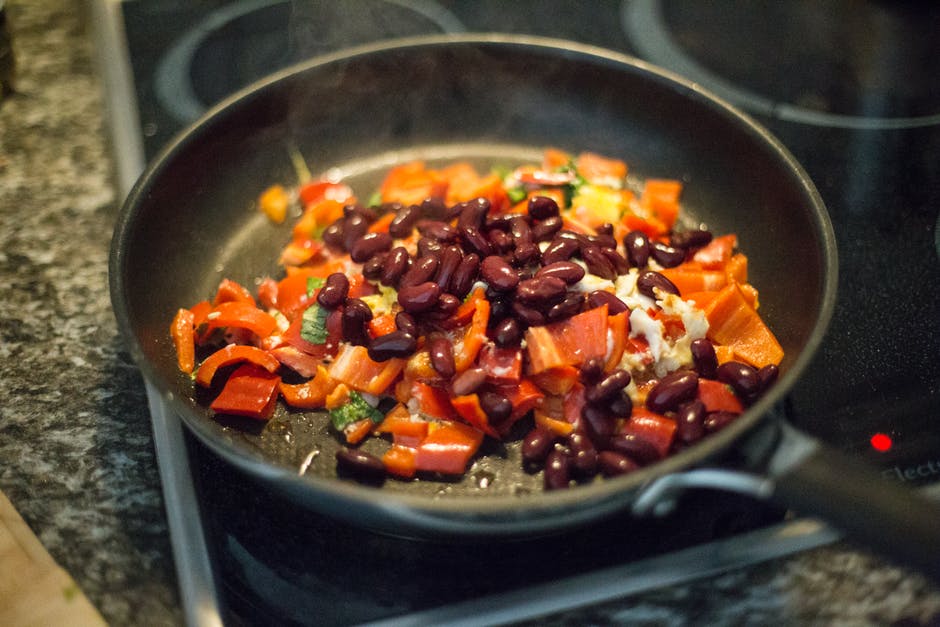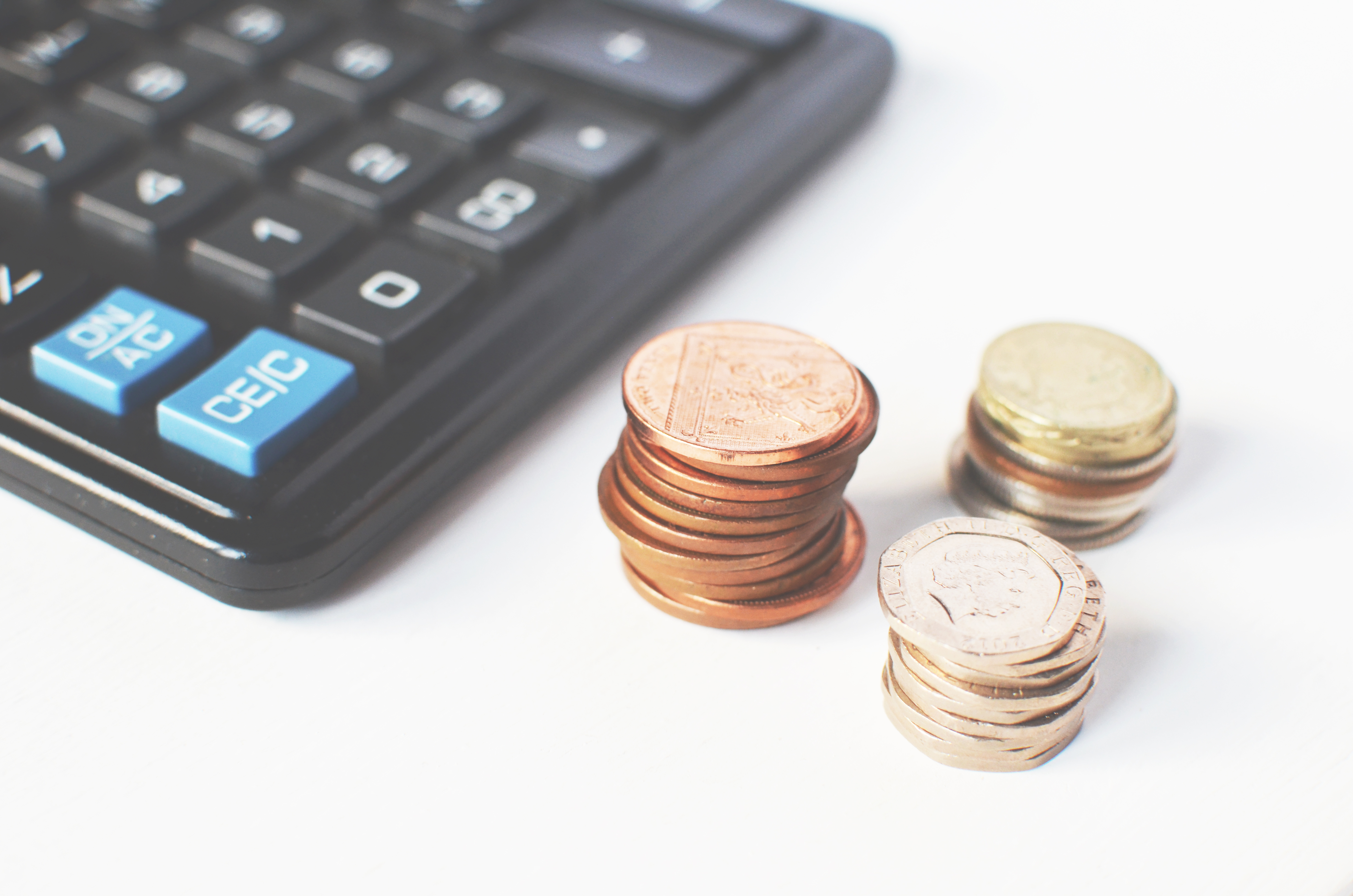A few years ago at the age of 20, my then fiancé, now husband, and I were saving money for a deposit for our first house. This led me to think of various ways of saving money, including when shopping in the supermarket. This continued in the first year of owning our house as at that point our combined wages were only just enough to pay the mortgage and bills, until I got another job which made things a lot more comfortable for us. However, now that I’m on maternity leave, I am having to watch the pennies again. Here are my top tips for saving money when shopping in supermarkets!
1. Change supermarket
Back in 2012, my husband had been used to his family shopping in Sainsbury’s. I convinced him that we should start shopping in Morrisons, which we found to be cheaper. Then a couple of years ago, our local Morrisons had a powercut and were turning people away, so we went to Tesco instead. Our weekly shop at Morrisons had been around £40, but our shop at Tesco was £28. Of course this exact example may not be the same for everyone, it depends on what products you buy.
After that, we started going to Tesco instead as we made a saving of around £12 each week. That’s a saving of £624 a year! I’d suggest trying different supermarkets and seeing if you can save by switching. Of course, use your common sense. Where I live we have all of the main supermarkets in our local area. However, if you’re going to use lots of petrol going to an alternate supermarket that’s much further away then it may not be worth it!
2. Try the basic ranges
Don’t be a snob about the value ranges. While we were saving for our mortgage, we practically lived on dinners of basic range packet noodles, baked beans and toast.
My advice is to start from the bottom. If you need a product, see if the supermarket does a basic version of it. Try it, and if you don’t like it, move up to the supermarket own brand. You’ll still be saving money if you go for the supermarket own brand rather than a branded product.
We often just assume that branded products are the best, and while this is sometimes the case, it often isn’t true. I remember when I was studying GCSE Food Technology at school, we did a blind taste test of basic range baked beans, supermarket’s own brand baked beans and a well-known brand of baked beans. We were astonished to find that we all liked the basic range baked beans best! Since then, I’ve never looked back and I always buy basic range beans rather than branded.

3. Use coupons
I haven’t done that much of this myself, but if you use a search machine there are lots of places online where you can find coupons to use in shops for various products such as moneysavingexpert.com/deals/supermarket-coupons . I’ve read articles where people have had lots of success with this, you just need the patience and ink to find coupons and print them all off!
4. Visit several supermarkets
Think about doing a round trip of supermarkets! I know people who visit several shops and compare the prices of products they want, then buy them in the cheapest place. My husband and I did this when we were 17 and going on a camping trip, by looking online first at prices on supermarkets’ online shopping websites.
Again, it is time consuming and takes patience, but you can save money. If you want to do this, it’s probably best to do it on foot rather than use petrol otherwise it might not be worth it. Of course, this only really works if the supermarkets are close enough for you to walk between – and you’ll get good exercise in the process!

5. Go to the reduced section
Locate the reduced sections of your supermarket and check them out frequently – there are sometimes some good bargains to be had.
In my local supermarket, I recently bought Eylure false eyelashes for £1.27. That was a good saving, as they usually retail for £5 or more! I also have a habit of collecting refrigerated ready meals that are going out of date. If I put them in the freezer when I get home they’re good for another month. Of course, you should check the label to make sure they’re suitable for home freezing first. I find them so useful at the moment, as with a young baby I don’t have much time for cooking from scratch.
Also, try to find out when items go into the reduced section! There are usually certain times of day that items are put in the reduced sections. In the past I’ve found this out and specifically gone to the supermarket at that time That’s often how you’ll find the best bargains. However, be prepared that there may be competition, as there are likely to be others doing the same thing!
6. Plan in advance
Plan a meal rota and make a shopping list before you go to the supermarket. These things will help you to keep in control of your spending – just make sure that you stick to your list and don’t get tempted by things!
In fact, I’ve personally found it easier to do this when I’ve shopped online for groceries as I’m not physically surrounded by all the temptation of offers and attractive pacckaging!

7. Don’t shop on an empty stomach
Don’t go shopping when you’re hungry. I’ve made the mistake of doing this and gone in thinking I’m going to spend about £10, but spent over £30! You always end up buying more when you’re hungry. If you go shopping when you’re not you’ll be less easily tempted by products.
8. Use offers
Stock up on tins and dry packets of food you know you’ll eat when they’re on offer.. This also applies if you see them cheaper in shops such as Iceland, Lidl or Aldi). I know that things like cous cous, soup, noodles and pasta will never go to waste in my cupboard and I’ll use them for lunch as they’re tasty and quick to make. They last for absolutely ages too!
I also stock up on baked beans, chopped tomatoes and kidney beans as they’re a staple of so many recipes. By all means, if there’s other products you know you will definitely use then stock up on them, (but not to excess), if they’re on offer or cheaper than usual too!

9. Don’t be drawn in by offers
Offers are not always the best deal. I’ve seen single cans of soup advertised as 4 for a certain price before, when a multipack of 4 of the same size tins of soup has been cheaper. Lots of people probably fell for this supermarket sneakiness because the price of the single cans and the offer were an eye-catching yellow label on the shelf.
10. Do your maths
Look at the prices and the prices per X underneath. For example, look how many pence it is per sheet of toilet roll and work out what toilet roll really works out the cheapest. Be aware that supermarkets try to make it a little more difficult for you sometimes, alternating units of measurement on similar items that you might be trying to compare. In my local supermarket, there are about 15 different types of chips. Some of them have the price per kilogram underneath the product price and some have the price per gram.

If you’re shopping online, check out dealsqueen to help you make great savings!*
I hope you’ve enjoyed reading this post and that it helps you to save money too! What do you think you’ll try and do you have any other tips?
*Sponsored link

Yes on changing supermarkets and buying generic brand items! You’re the only one I’ve came across the suggested switching markets. Before moving in with my boyfriend, I went to a “discounted” supermarket because my mum would drive us all there. But after moving out and in with my boyfriend, I started going one that was just down the block from me and the prices definitely add up! Granted, the quality was almost on par but it didn’t bother me. I try to make it out to the discounted grocery store more than going to the higher end one as often as I can but groceries stores definitely makes a difference in your monthly expenses!